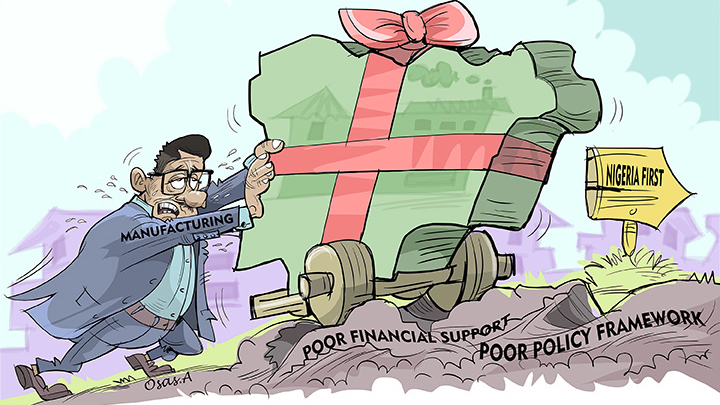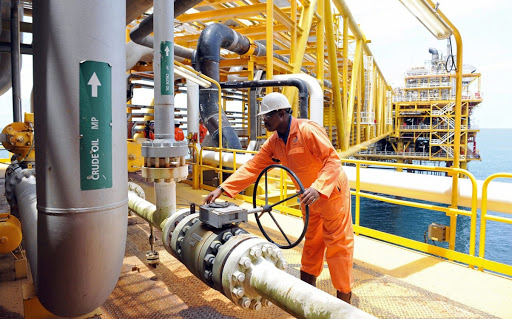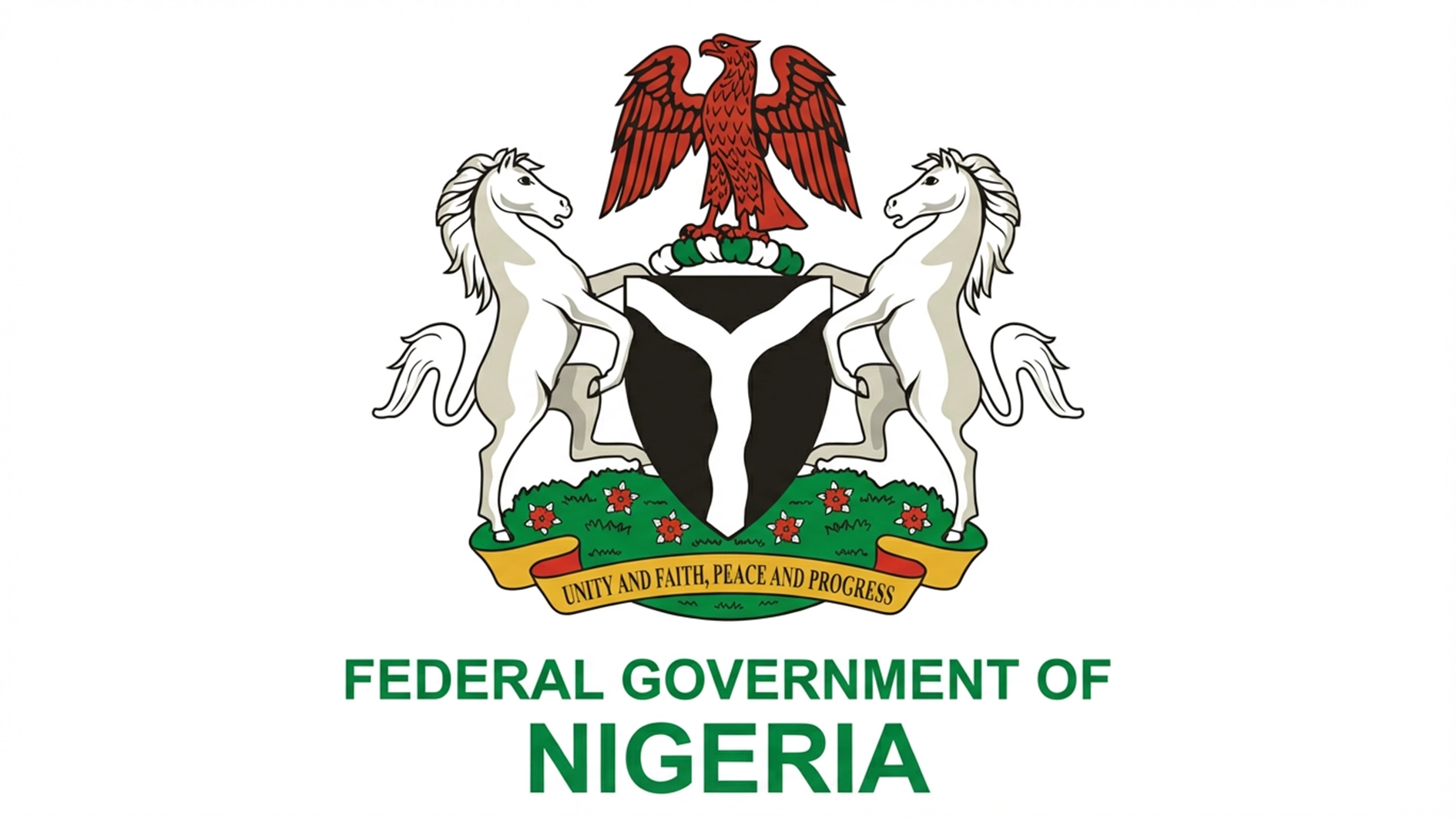
• As dollar consolidates around N920/$ at parallel market
Experts have called for urgent investment in critical infrastructure and the adoption of policies that would help to increase local production capacity to halt the free fall of naira and stabilise the foreign exchange market.
Speaking on ‘Halting the decline in the international value of the Naira’ at the Association of Capital Market Academics of Nigeria virtual third quarter (Q3) 2023 symposium yesterday, the stakeholders said deliberate efforts aimed at increasing local capacity and volume of exports from key sectors of the economy would go a long way in strengthening the value of the country’s currency.
The call came on the heels of renewed crisis in the FX market with naira falling to about N920/$ earlier in the week after it failed to sustain recent gains.
According to the experts, quality infrastructure stimulates production capacity, which would translate to increased exports and ultimately boost the country’s market share in the international space.
Data contained in the foreign trade report by the National Bureau of Statistics (NBS) for Q1 2022 showed that Nigeria’s imported goods were worth N20.84 trillion in 2020, which is 64 per cent higher than the N12.7 trillion recorded in the previous year, while export value increased by 51 per cent year-on-year to N18.91 trillion. This showed a N1.93 trillion difference.
They also urged the government to ensure proper monitoring of the activities of the various institutions and agencies at the official window to ensure strict adherence to guidelines.
Chief Executive Officer of Dignity Finance and Investment Limited, Chijioke Ekechukwu, said the country’s infrastructure must stimulate productivity, grow businesses to increase export and attract foreign investment
He pointed out that many businesses that have the potential to spur nation’s growth and create jobs have been hampered by a lack of access to quality infrastructure.
Ekechukwu added that failure to address infrastructure deficits would widen the development gap between Nigeria and the neighbouring countries
He said the government should take immediate action to block revenue leakages and increase investment in the solid minerals sector to increase its economic potential.
He pointed out that there should be enhanced engagement between stakeholders in the agricultural sector, especially farmers and policymakers at the government level, to ensure that the government offtakes agricultural products across every state, exports them and generates dollars to grow the economy.
Also speaking, a professor at the Department of Economics, University of Lagos, Olufemi Saibu, charged the government to enhance credibility in the foreign exchange market and ensure proper monitoring of the activities of the participants in the market.
“Government must address the issue of trust deficit and enhance credibility in its policies. We must not make policies that would allow people to bypass the CBN guidelines,” he said
Saibu also urged the government to develop technology that would help boost productivity in Nigeria.
Professor of economics at Pan Atlantic University Lagos, Bright Eregha, said the new government should urgently address the issue of oil theft to enable the country to meet its oil production quota.
Again, he said the government should focus more on borrowing locally, adding that the issue of crowding out can be addressed rather than accumulating debt and depleting the nation’s reserves.
“We need export lead products to sustain growth, the production sector must become an export elastic one.
“We need fiscal reforms that would drive the production sector and attract capital into the country and we need to do something around oil production to boost our reserves,” he said.






